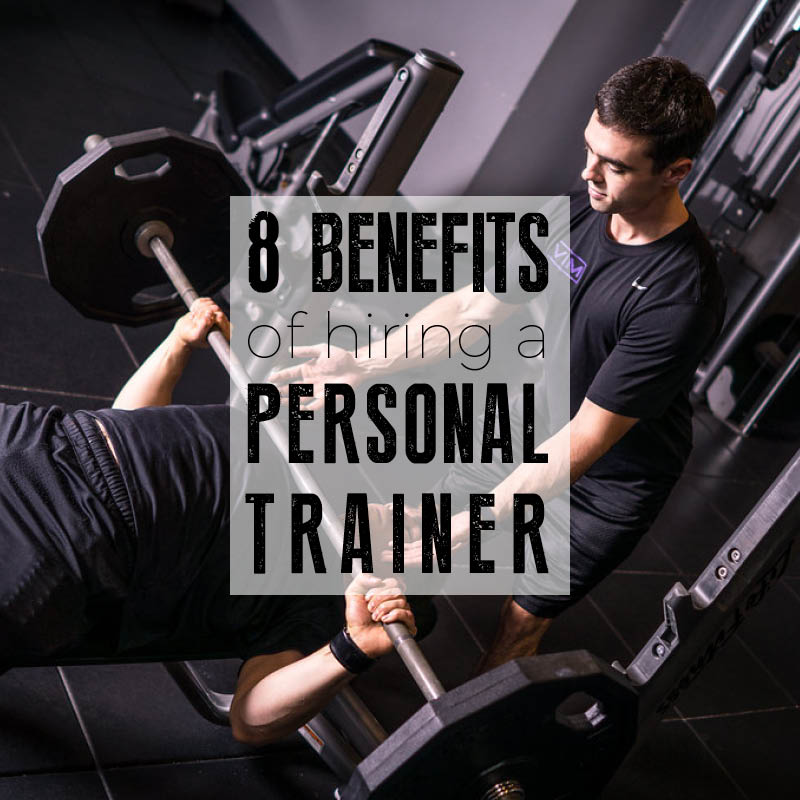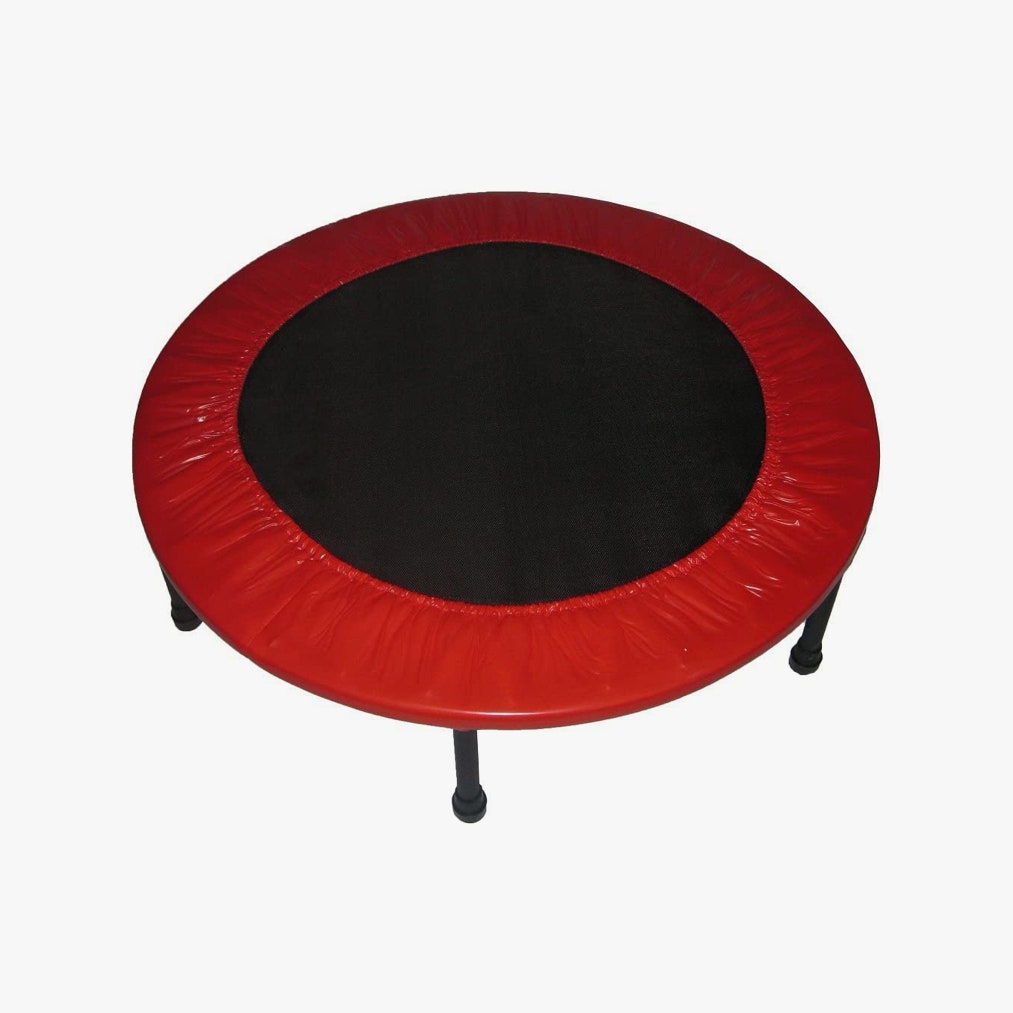
There is a wide range of salaries available for fitness trainers. Most trainers with NSCA CPT certification earn the highest salary. Independent trainers generally earn less. Trainers with more certifications and specialties earn more. However, those with less experience are likely to earn less. It is possible for the salary of fitness instructors to fluctuate over time. The article below will help you keep an eye on the range of salaries. We will discuss the expected salary range for each category.
The highest-paid NSCA-CPT trainers earn the most
If you are looking to work as a personal trainer, the NSCA CPT certification is the best. It covers four areas: client consultation, exercise techniques, safety issues, and the administration of the exam. The NSCA CPT test is one of the most difficult in the industry. CPR certification is also necessary.

You have many benefits by becoming NSCA – CPT. Employers consider NSCA-CPT certification the gold standard. They are able to earn high salaries and build a strong client base. Employers will also accept certification as evidence of their training and skills. While this certification is not required to work in any fitness facility, many employers will look for candidates who have this certification.
Independent trainers set their own prices
Independent fitness trainers have the advantage of setting their own prices. You can charge as much as $60 an hour in an urban area or $35 an hour outside the city. To attract more clients, however, it's better not to charge a higher rate than a big box gym. A rate of $40 an hour is cheaper than a rate of $120-an-hour at a commercial gym.
YMCA and non-profit trainers pay the least
Salary for trainers at YMCAs and non-profits varies. Although a trainer at a gym may earn more than half the amount of an instructor working at a YMCA they also have the same benefits. YMCA trainers make an average of $15-$28 per hour. Training staff at non-profits make more than corporate employees. However, private trainers are often less flexible in scheduling and paid more per hour at the YMCA.

An average YMCA of the North employee earns $29,272 per annum. This can vary depending on which position. A YMCA of the North program director earns an average salary of $67806. An average child attendant at a YMCA is paid $20,214 annually. Although the YMCA of the North ranks among the top places to work in the country, the salaries of its employees can vary widely.
FAQ
What effects does caffeine have on my sleep patterns?
Caffeine effects how fast it takes to fall asleep and how much sleep you get. Caffeine can cause drowsiness that makes falling asleep much easier. However, caffeine can keep you awake longer and make it more difficult to fall asleep. You should not drink energy drinks or coffee right before bed.
What happens if I don't get enough sleep?
Insufficient sleep can cause your brain to not receive the signals necessary for hormone regulation and other chemicals involved in controlling appetite and metabolism. In turn, this can cause you to eat more and gain weight. Lack of sleep also increases stress levels, which can lead to overeating.
Can I eat during my exercise?
Yes. Yes. Make sure you choose low-calorie snacks such as watermelon, carrots, celery, apples, bananas, and grapes. These foods provide nutrients that improve your performance during exercise.
What does nutrition do to your body?
Nutrition helps your body function properly by supplying all the nutrients needed for proper growth and development. The best way to ensure that you receive adequate nutrition is to eat a balanced diet with plenty of fruits and vegetables, lean proteins, whole grains, and healthy fats.
How exercise and nutrition can help to live a happier life
Exercise helps you to stay healthy, lose weight, gain muscle mass, and reduce stress. Nutrition is important for energy, sleep, mood, and overall health. If you want to live longer, eat less meat, drink alcohol moderately, avoid smoking, and do regular physical activity.
How do I get started with fitness?
Start small. Begin by taking 10 minutes each morning to walk around the block. This will give you basic movement patterns and give your muscles time to adapt to the new routine. Once you are proficient in this type of exercise, add more steps and routines to your day.
What is Cardio Exercises?
Cardiovascular exercises are those that require your heart and lungs to work harder than normal. Examples include jogging, swimming, bicycling, rowing, and dancing. These activities are great for burning fat and increasing metabolism. They can also help you stay fit by strengthening your heart and lungs.
Statistics
- Globally, 81% of adolescents aged 11-17 years were insufficiently physically active in 2016. (who.int)
- One study showed that adults who watch more than 4 hours of television daily had an 80% higher risk of death from cardiovascular disease. (heart.org)
- In 2018, the World Health Assembly agreed on a global target to reduce physical inactivity by 15% by 2030 and align with the Sustainable Development Goals. (who.int)
- Physical activity confers the following maternal and fetal health benefits: a decreased risk of pre-eclampsia, gestational hypertension, gestational diabetes (for example, 30% reduction in risk) (who.int)
External Links
How To
How to burn belly fat faster
When trying to lose weight, belly fat is often viewed as a problem. It's actually a good thing, in fact. Your organs are protected by the fat around your stomach. Let's find out how to lose belly fat quickly.
The two main factors that make us store body fat are stress and lack of exercise. Stress makes us feel hungry constantly because it stimulates the production of the cortisol hormone. Cortisol can increase insulin levels in the blood. Insulin then stores excess calories as fat. Insufficient sleep can lead to an increase in appetite and adrenaline release. These extra calories are broken down through exercise.
There are many options to reduce belly weight. Depending on your budget, you can try each one. These are some ways to quickly lose belly fat.
-
Reduce the amount of food you eat. Don't eat three large meals at once. You'll eat fewer calories this way.
-
Make sure you drink plenty of water. Water helps flush out toxins from the body and keeps you hydrated. Drinking water before meals will help you feel fuller for longer, so you don't overeat.
-
Avoid snack foods that are unhealthy. If you're looking for quick fixes, snack foods like chips, cookies, candies, etc. These tempting snacks might look appealing. But avoid these fattening treats as they contain lots of empty calories and too much sugar. Choose healthy alternatives like fruits and vegetables, nuts, seeds, whole grains, and seeds.
-
Strength training should be done at least three times per week. Strength training builds muscle mass that burns more calories, even when it is done while you rest. Strength training strengthens bones, muscles and ligaments. It can also improve the heart, lungs, joints, and other body systems.
-
Move regularly and stretch. Stretching can improve flexibility, mobility, and reduce back pain. Walking is great for burning calories.
-
Reduce alcohol intake. Your diet is empty of calories, and alcohol has no nutritional content.
-
Lose weight gradually. The first step towards losing weight is to identify what your current weight is. Then, add 5% to 10% to your body weight to get your ideal weight. Once you have reached your target weight, begin decreasing your daily calories intake by 500-1 000 calories until you reach your goal.
-
Avoid processed food. These foods are high in salt, sugar, preservatives, and other harmful ingredients. Even though they can be very convenient, these foods lack sufficient nutrients to support your health.
-
Don't skip breakfast! Consuming breakfast increases concentration, memory and energy levels. You should have protein (such as eggs) and fiber (such as oats) for breakfast.
-
Have regular bowel movements. Gas and bloating can result from irregular bowel movements. You can prevent this by drinking lots of water and increasing your fiber intake.